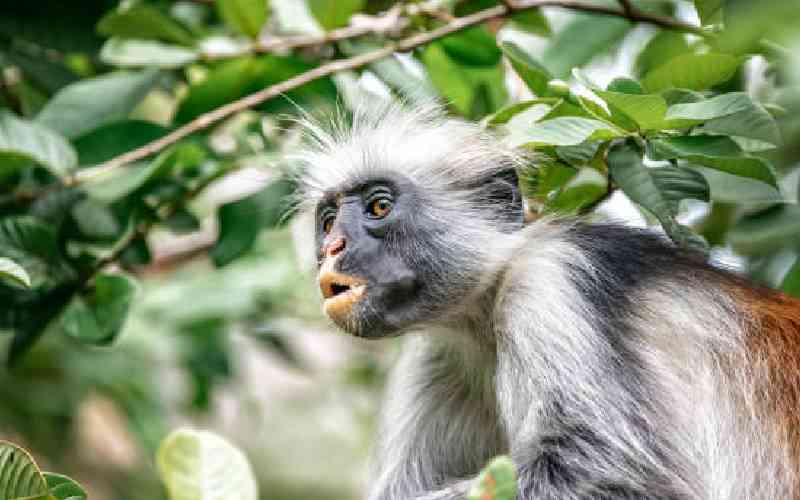×
The Standard e-Paper
Kenya’s Boldest Voice

Two of the most popular monkey species in the country are facing extinction due to the rise in human activities and loss of habitat.
According to data released in January 2024, the numbers of Tana River Red colobus and the Tana River mangabey which are found in the Tana River Basin in the Coast has declined by over 50 per cent.